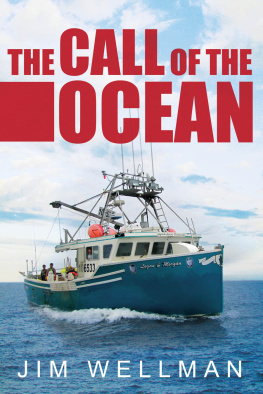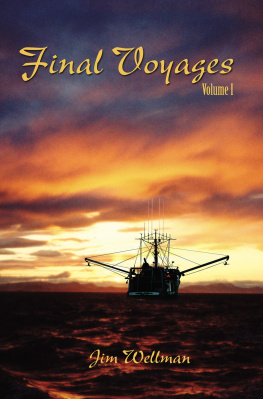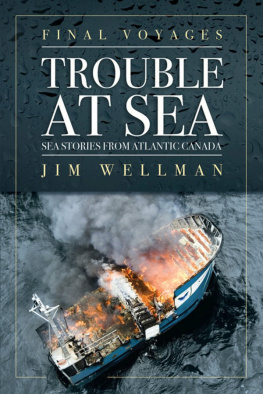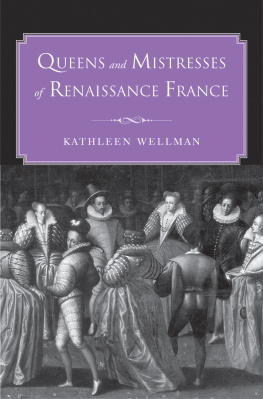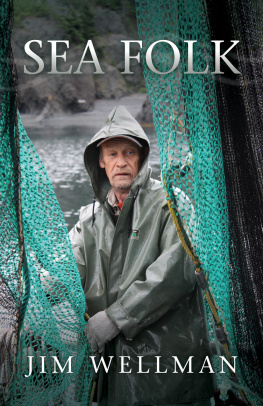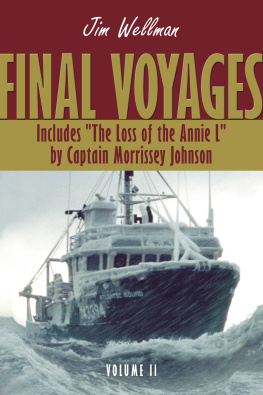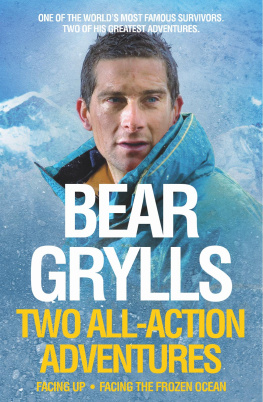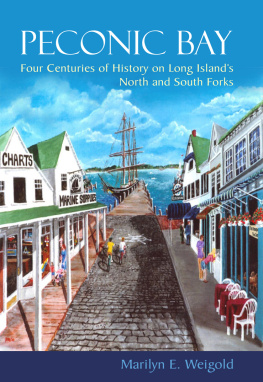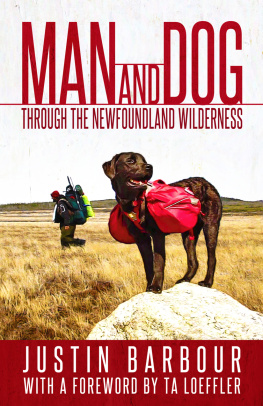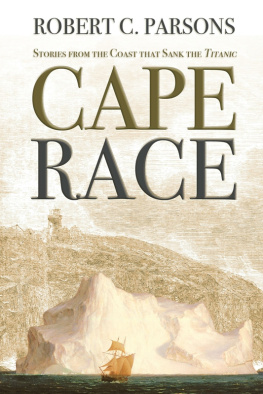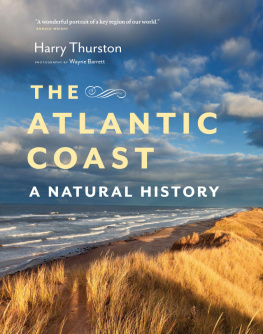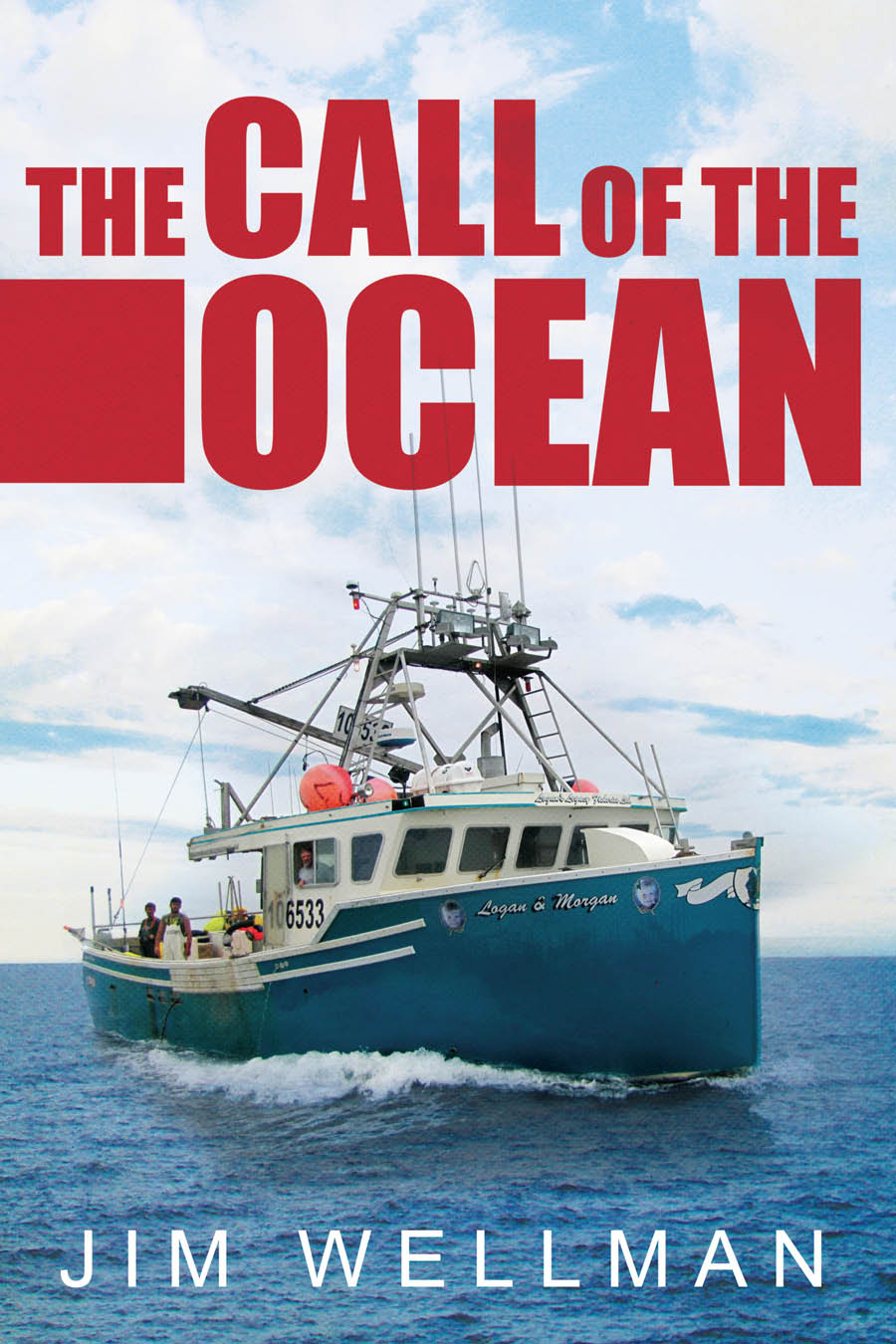
The Call of
the Ocean
J im Wellman
Flanker Press Limited
St. Johns
Library and Archives Canada Cataloguing in Publication
Wellman, Jim, 1946-, author
The call of the ocean / Jim Wellman.
Includes index.
Issued in print and electronic formats.
ISBN 978-1-77117-481-7 (paperback).--ISBN 978-1-77117-485-5
(epub).--ISBN 978-1-77117-489-3 (kindle).--ISBN 978-1-77117-549-4
(pdf)
1. Atlantic Provinces--Biography. 2. Qubec (Province)--
Biography. 3. Fisheries--Atlantic Provinces--Biography.
4. Shipbuilding--Atlantic Provinces--Biography. I. Title.
FC2006.W45 2016 971.5 C2016-903685-5
C2016-903686-3
2016 Jim Wellman
All Rights Reserved. No part of the work covered by the copyright hereon may be reproduced or used in any form or by any meansgraphic, electronic or mechanicalwithout the written permission of the publisher. Any request for photocopying, recording, taping, or information storage and retrieval systems of any part of this book shall be directed to Access Copyright, The Canadian Copyright Licensing Agency, 1 Yonge Street, Suite 800, Toronto, ON M5E 1E5. This applies to classroom use as well.
Printed in Canada
Cover Design by Graham Blair
Flanker Press Ltd.
PO Box 2522, Station C
St. Johns, NL
Canada
Telephone: (709) 739-4477 Fax: (709) 739-4420 Toll-free: 1-866-739-4420
www.flankerpress.com
9 8 7 6 5 4 3 2 1

We acknowledge the financial support of the Government of Canada through the Canada Book Fund (CBF) and the Government of Newfoundland and Labrador, Department of Tourism, Culture and Recreation for our publishing activities. We acknowledge the support of the Canada Council for the Arts, which last year invested $153 million to bring the arts to Canadians throughout the country. Nous remercions le Conseil des arts du Canada de son soutien. Lan dernier, le Conseil a investi 153 millions de dollars pour mettre de lart dans la vie des Canadiennes et des Canadiens de tout le pays.
Contents
Acknowledgements
Wed Have Been Better Off Staying Home
Eternity begins and ends with the oceans tides.
Unknown
Were goin birdin tomorrow, an excited Dion Faulkner exclaimed to his wife, Sue, as he entered their home in Musgrave Harbour on Sunday afternoon, February 2, 2003.
Birdin meant saltwater duck hunting, and like most men in rural Newfoundland communities, bird hunting had a huge appeal to Dion for various reasons.
Duck was a delicious food staple, good to have in the deep-freeze for great meals in winter, but hunting it was also a thrilling sport. And it was more than that for Dion Faulkner on that dayit was another opportunity to enjoy the camaraderie of family and friends, because he was going to be with his dad, Irving Faulkner, his two brothers, Danny and Darren, and good friends Roger Hann and Draper Fahey.
The men were a diverse group ranging in age from twenty-four to fifty-nine. At fifty-nine, Irving Faulkner was the eldest, his son Dion was thirty-eight, Roger Hann was thirty-six, Danny Faulkner, thirty-five, Darren Faulkner, thirty-one, and the youngest of the group, Draper Fahey, was just twenty-four. All but Draper were married with children. Irving was owner of the Spindrift-by-the-Sea Motel in Musgrave Harbour, Roger was a well-known commercial fisherman, Dion worked as a refrigeration mechanic in Gander, Danny worked with the Department of Transportation, Darren had a seasonal job in Ontario, and Draper worked at seasonal jobs whenever and wherever one became available.
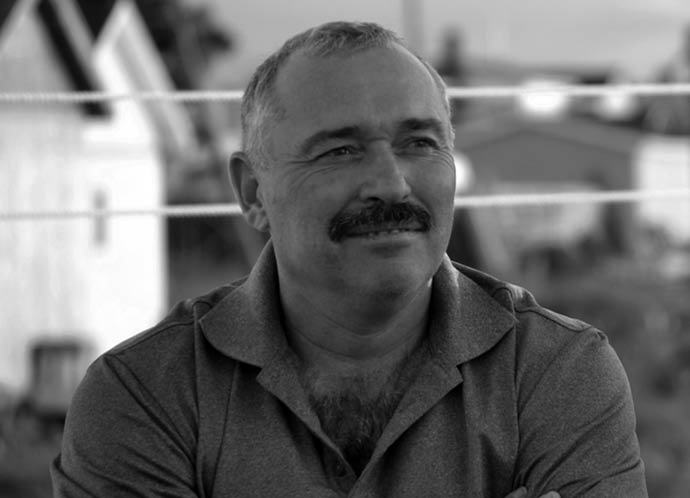
Dion Faulkner
The six men chatted on Sunday and noted the weather forecast called for moderate winds and sea conditions. The guys figured it was a reasonable outlook to accommodate a day on the water, considering it was in the middle of winter, and an ideal forecast in February was not likely on the northeast coast of Newfoundland that time of year.
Like many others in the area, the hunters were really anxious to get out on Monday because it was the last day of the hunting season that they would be allowed to take six birds each. The bag limit was going to be cut in half to three ducks per person the following day, so it was one of those seize the moment decisions.
Draper Fahey was especially excited that day. Although he was an avid hunter, this was going to be his first saltwater-duck-hunting trip. He went to bed just after supper on Sunday evening to be well-rested for their adventure the next day.
Saltwater ducks are best hunted at dawn when they take to wing, so that meant a very early morning departure. Irving and the experienced hunters in the group decided the best place to hunt on Monday morning would be around an island called the Offer Wadham, located about twelve miles away.
To allow themselves plenty of time to be in a good position to take advantage of the days first light, the guys decided they would meet on the wharf at 2:00 a.m., where they would board Irvings twenty-two-foot speedboat and also tow along a smaller boat.
Irvings boat had a small shelter at the front and a small, enclosed locker space at the bowa compartment known locally as the cuddy, which looked small but was big enough for two people to crawl into if necessary in times of bad weather.
The boat, Darlene and Dianne , named after Irvings daughters, was a good and sturdy vessel, and Irving was an excellent boater, known for his attention to safety and overall care and caution on board.
When Sue Faulkner was helping her husband, Dion, pack food and a few things for her husbands trip, she had one request.
Make sure you wear your floater jacket, she said with a pleading tone.
Dion heeded her advice, and is eternally grateful that he did. Although the floater proved to be an obstacle at one point, it more than made up for it in the end.
At his brothers house, safety concerns were also prevalent. As Danny was leaving his house, he hugged his wife, Kelly, and smiled. Ill give you a kiss now because you never knowanything can happen out there, he said.
The Faulkner men and their friends werent the only hunters who had duck hunting plans for Monday morningdozens of others had the same idea. One of them was Larry Easton from Carmanville, about eighteen miles west of Musgrave Harbour.
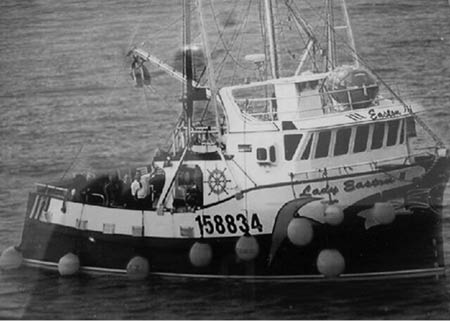
Lady Easton
Larry, a well-known fishing captain, along with ten of his family members and friends, had the same idea as Irving Faulkner. Larry, the owner and captain of the forty-five-foot fishing vessel Lady Easton , took two speedboats in tow. The plan was to drop four of his buddies on Peckford Island in one speedboat, where they would hunt from, while the remaining seven would continue on to the Offer Wadham, where they would anchor the Lady Easton and use the remaining speedboat for hunting. Larry, along with two of his long-time hunting friends, Rod and Bob Gillingham, would go to the island to hunt, while his dad, an uncle, and two others would stay on board the longliner and cook up a big meal to be enjoyed at the end of the day when hunting was done. The Easton team planned to stay overnight and hunt again on Tuesday before going home to Carmanville on Tuesday evening.
Next page
